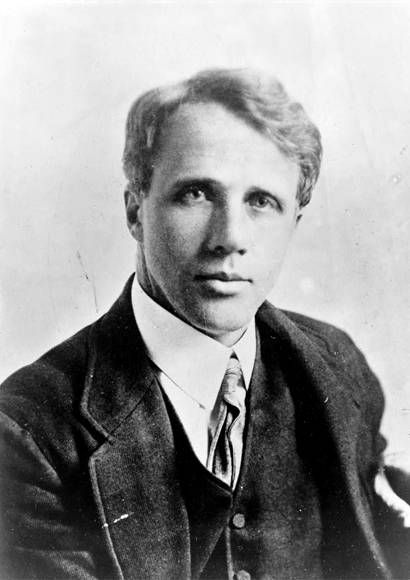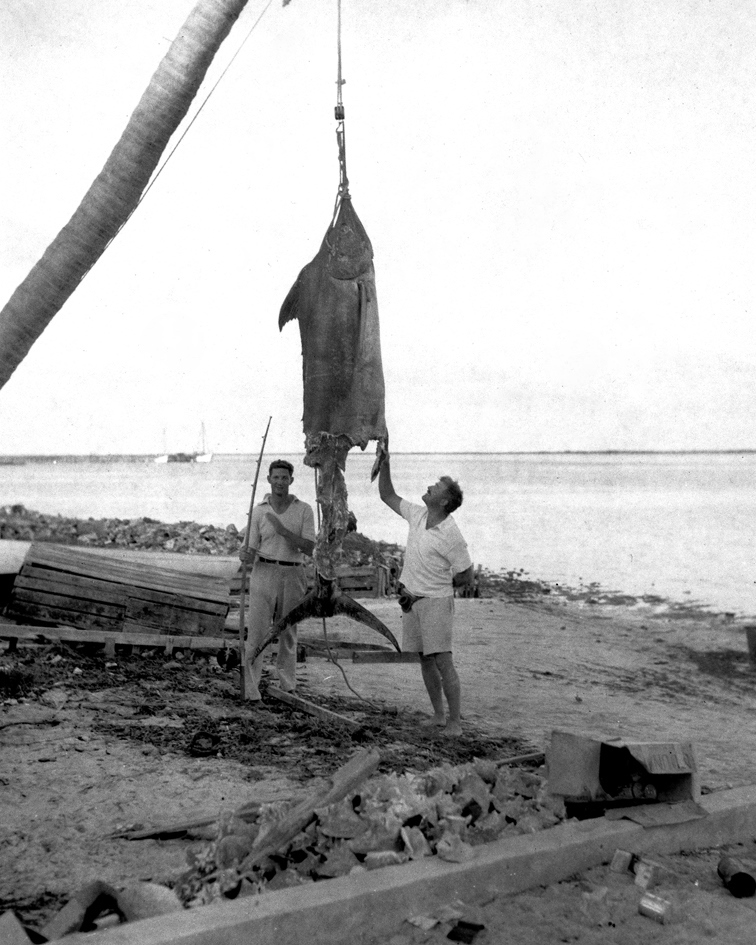|
Taufiq Ismail
Taufiq Ismail (born 25 June 1935) is an Indonesian poet, activist and the editor of the monthly literary magazine ''Horison''. Ismail figured prominently in Indonesian literature of the post-Sukarno period and is considered one of the pioneers of the "Generation of '66". He completed his education at the University of Indonesia. Before becoming active as a writer, he taught at the Institut Pertanian Bogor. In 1963, he signed the "Cultural Manifesto" as a document that opposed linking art to politics. This cost him his teaching position at the Institut. Ismail wrote many poems, of which the best-known are: ''Malu (Aku) Jadi Orang Indonesia, Tirani dan Benteng, Tirani, Benteng, Buku Tamu Musim Perjuangan, Sajak Ladang Jagung, Kenalkan, Saya Hewan, Puisi-puisi Langit, Prahara Budaya : Kilas Balik Ofensif Lekra, Ketika Kata Ketika Warna'' and ''Seulawah-Antologi Sastra Aceh''. Bored with his serious writing style, in 1970 he began writing poems mixed with humor. He has won many awards ... [...More Info...] [...Related Items...] OR: [Wikipedia] [Google] [Baidu] |
Bukittinggi
Bukittinggi ( min, Bukiktinggi, Jawi: , formerly nl, Fort de Kock) is the third largest city in West Sumatra, Indonesia, with a population of 111,312 in 2010 and 121,028 in 2020, and an area of 25.24 km2. It is in the Minangkabau Highlands, 90 km by road from the West Sumatran capital city of Padang. The whole area directly borders to the Agam Regency (Bukittinggi was its regency seat until 1998), making it an enclave, and is located at , near the volcanoes Mount Singgalang (inactive) and Mount Marapi (still active). At 930 m above sea level, the city has a cool climate with temperatures between 16.1° to 24.9 °C. Bukittinggi used to be known as Fort de Kock and was once dubbed ''. The city was the capital of Indonesia during the Emergency Government of the Republic of Indonesia (PDRI). Before it became the capital of PDRI, the city was a centre of government at the time of the Dutch East Indies and during the Japanese colonial period. Bukittinggi is also known ... [...More Info...] [...Related Items...] OR: [Wikipedia] [Google] [Baidu] |
Robert Frost
Robert Lee Frost (March26, 1874January29, 1963) was an American poet. His work was initially published in England before it was published in the United States. Known for his realistic depictions of rural life and his command of American colloquial speech, Frost frequently wrote about settings from rural life in New England in the early 20th century, using them to examine complex social and philosophical themes. Frequently honored during his lifetime, Frost is the only poet to receive four Pulitzer Prizes for Poetry. He became one of America's rare "public literary figures, almost an artistic institution".''Contemporary Literary Criticism''. Ed. Jean C. Stine, Bridget Broderick, and Daniel G. Marowski. Vol. 26. Detroit: Gale Research, 1983. p 110. He was awarded the Congressional Gold Medal in 1960 for his poetic works. On July 22, 1961, Frost was named poet laureate of Vermont. Biography Early life Robert Frost was born in San Francisco to journalist William Prescott Frost J ... [...More Info...] [...Related Items...] OR: [Wikipedia] [Google] [Baidu] |
Living People
Related categories * :Year of birth missing (living people) / :Year of birth unknown * :Date of birth missing (living people) / :Date of birth unknown * :Place of birth missing (living people) / :Place of birth unknown * :Year of death missing / :Year of death unknown * :Date of death missing / :Date of death unknown * :Place of death missing / :Place of death unknown * :Missing middle or first names See also * :Dead people * :Template:L, which generates this category or death years, and birth year and sort keys. : {{DEFAULTSORT:Living people 21st-century people People by status ... [...More Info...] [...Related Items...] OR: [Wikipedia] [Google] [Baidu] |
1935 Births
Events January * January 7 – Italian premier Benito Mussolini and French Foreign Minister Pierre Laval conclude Franco-Italian Agreement of 1935, an agreement, in which each power agrees not to oppose the other's colonial claims. * January 12 – Amelia Earhart becomes the first person to successfully complete a solo flight from Hawaii to California, a distance of 2,408 miles. * January 13 – A plebiscite in the Saar (League of Nations), Territory of the Saar Basin shows that 90.3% of those voting wish to join Germany. * January 24 – The first canned beer is sold in Richmond, Virginia, United States, by Gottfried Krueger Brewing Company. February * February 6 – Parker Brothers begins selling the board game Monopoly (game), Monopoly in the United States. * February 13 – Richard Hauptmann is convicted and sentenced to death for the kidnapping and murder of Charles Lindbergh Jr. in the United States. * February 15 – The discovery and clinical development of ... [...More Info...] [...Related Items...] OR: [Wikipedia] [Google] [Baidu] |
The Jakarta Post
''The Jakarta Post'' is a daily English-language newspaper in Indonesia. The paper is owned by PT Niskala Media Tenggara and based in the nation's capital, Jakarta. ''The Jakarta Post'' started as a collaboration between four Indonesian media at the urging of Information Minister Ali Murtopo and politician Jusuf Wanandi. After the first issue was printed on 25 April 1983, it spent several years with minimal advertisements and increasing circulation. After a change in chief editors in 1991, it began to take a more vocal pro-democracy point of view. The paper was one of the few Indonesian English-language dailies to survive the 1997 Asian financial crisis and currently has a circulation of about 40,000. ''The Jakarta Post'' also features an online edition and a weekend magazine supplement called J+. The newspaper is targeted at foreigners and educated Indonesians, although the middle-class Indonesian readership has increased. Noted for being a training ground for local and int ... [...More Info...] [...Related Items...] OR: [Wikipedia] [Google] [Baidu] |
Indonesian 1998 Revolution
Suharto resigned as President of Indonesia on 21 May 1998 following the collapse of support for his 32-year long presidency. Vice President B. J. Habibie took over the presidency. Suharto's grip on power weakened following severe economic and political crises stemming from the 1997 Asian financial crisis. The economy suffered a flight of foreign capital, leading to a drastic drop in the value of the Indonesian rupiah, which severely impacted the economy and people's livelihoods. Suharto was re-elected to his seventh term by the People's Consultative Assembly in March 1998. Increasing political unrest and violence undermined his previously firm political and military support, leading to his May 1998 resignation. Initially under newly installed President Habibie, a period of political reform (" Reformasi") followed. Historical background Dissent during the New Order Having consolidated the power in 1967 in the aftermath of the attempted coup in 1965 which was launched by ... [...More Info...] [...Related Items...] OR: [Wikipedia] [Google] [Baidu] |
HB Jassin
Hans Bague Jassin (31 July 1917 – 11 March 2000), better known as HB Jassin, was an Indonesian literary critic, documentarian, and professor. Born in Gorontalo to a bibliophilic petroleum company employee, Jassin began reading while still in elementary school, later writing published reviews before finishing high school. After a while working in the Gorontalo regent's office, he moved to Jakarta where he worked at the state publisher Balai Pustaka. After leaving the publisher, he attended the University of Indonesia and later Yale. Returning to Indonesia to be a teacher, he also headed ''Sastra'' magazine. ''Horison'', a literary magazine, was started in July 1966 by Jassin and Mochtar Lubis as a successor to ''Sastra'', and was edited by Taufiq Ismail, Ds. Muljanto, Zaini, Su Hok Djin, and Goenawan Mohamad. In 1971, Jassin was given a one-year prison sentence and a two-year probation period because as the editor of ''Sastra'', he refused to reveal the identity of an anonymous ... [...More Info...] [...Related Items...] OR: [Wikipedia] [Google] [Baidu] |
Mochtar Lubis
Mochtar Lubis (; 7 March 1922 – 2 July 2004) was an Indonesian Batak journalist and novelist who co-founded ''Indonesia Raya'' and monthly literary magazine "Horison". His novel ''Senja di Jakarta'' (''Twilight in Jakarta'' in English) was the first Indonesian novel to be translated into English. He was a critic of Sukarno and was imprisoned by him. Biography Lubis was born on 7 March 1922 in Sungai Penuh, Kerinci Regency on Sumatra to Raja Pandapotan Lubis, a high-ranking civil servant, and his wife. He was the sixth child of twelve. As a child, he wrote children's stories which were published in '' Sinar Deli'', a Medan-based newspaper. When he was an adolescent, he often trekked into the jungles of Sumatra. He later wrote that two events during this period, seeing a well-built yet abandoned hut and having a close call with a tiger, served partly as his inspiration for ''Harimau! Harimau!'' (Tiger!, Tiger!) After graduating from high school, he worked as a teacher i ... [...More Info...] [...Related Items...] OR: [Wikipedia] [Google] [Baidu] |
Goenawan Mohamad
Goenawan Mohamad (born 29 July 1941) is an Indonesian poet, essayist, playwright and editor. He is the founder and editor of the Indonesian magazine ''Tempo''. Mohamad is a vocal critic of the Indonesian government, and his magazine was periodically shut down due to its criticisms. Mohamad has won awards for his journalistic work, including the CPJ International Press Freedom Awards (1998), the International Editor of the Year Award (1999) and the Dan David Prize (2006). Early life He was born in Batang, Central Java. Journalism He is the founder and editor of ''Tempo'' ("Time") magazine, which was forcibly closed twice by President Suharto's New Order administration because of its vocal criticism of the authoritarian regime. As a writer, Goenawan Mohamad was known for his weekly column in ''Tempo'', "Catatan Pinggir" (''Sidelines''). The column mainly featured commentary and critique on current affairs and the media 'headlines'. His columns were compiled into six books. ... [...More Info...] [...Related Items...] OR: [Wikipedia] [Google] [Baidu] |
Guided Democracy In Indonesia
Guided Democracy () was the political system in place in Indonesia from 1959 until the New Order began in 1966. It was the brainchild of President Sukarno, and was an attempt to bring about political stability. Sukarno believed that the parliamentarian system implemented during the liberal democracy period in Indonesia was ineffective due to its divisive political situation at that time. Instead, he sought a system based on the traditional village system of discussion and consensus, which occurred under the guidance of village elders. With the declaration of martial law and the introduction of this system, Indonesia returned to the presidential system and Sukarno became the head of government again. Sukarno proposed a threefold blend of (nationalism), (religion), and (communism) into a co-operative Nas-A-Kom or Nasakom governmental concept. This was intended to satisfy the four main factions in Indonesian politics—the army, the secular nationalists, Islamic groups, and ... [...More Info...] [...Related Items...] OR: [Wikipedia] [Google] [Baidu] |
The Old Man And The Sea
''The Old Man and the Sea'' is a novella written by the American author Ernest Hemingway in 1951 in Cayo Blanco (Cuba), and published in 1952. It was the last major work of fiction written by Hemingway that was published during his lifetime. One of his most famous works, it tells the story of Santiago, an aging Cuban fisherman who struggles with a giant marlin far out in the Gulf Stream off the coast of Cuba. In 1953, ''The Old Man and the Sea'' was awarded the Pulitzer Prize for Fiction, and it was cited by the Nobel Committee as contributing to their awarding of the Nobel Prize in Literature to Hemingway in 1954. Plot summary Santiago is an aging, experienced fisherman who has gone eighty-four days without catching a fish. He is now seen as "''salao''" (colloquial pronunciation of "''salado''", which means salty), the worst form of unlucky. Manolin, a young man whom Santiago has trained since childhood, has been forced by his parents to work on a luckier boat. Manolin re ... [...More Info...] [...Related Items...] OR: [Wikipedia] [Google] [Baidu] |




